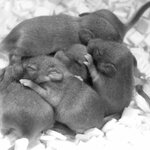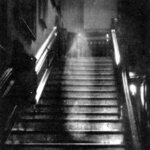
So, back in the 60's, I had a weather changing machine that was, in essence, a sophisticated heat beam which we called a "laser."
Now this "laser" is used ubiquitously for everything from medicine to technology to tattooing fruit. Wait, what? Tattooing fruit?
The idea and the technology aren't new. As the NY Times said in 2005, "A pear is just a pear, except when it is also a laser-coded information delivery system with advanced security clearance."1 Consumers loathe the little sticky labels on produce, but how else were you going to communicate names, identifying numbers, countries of…



